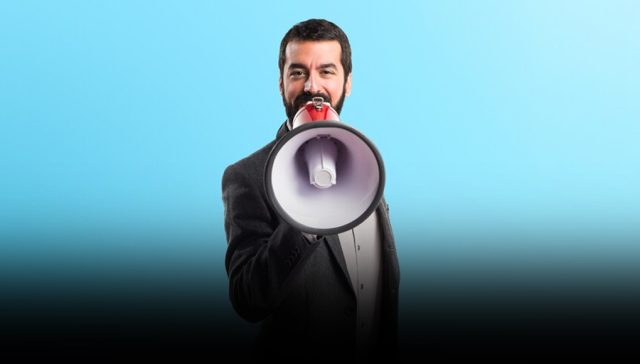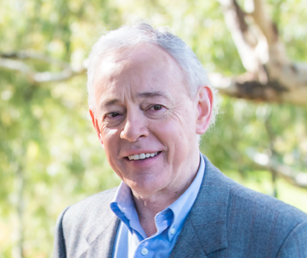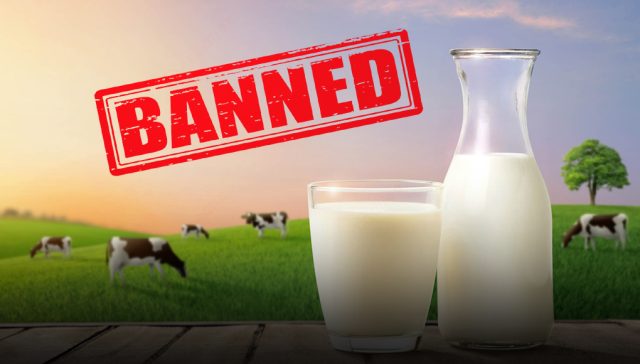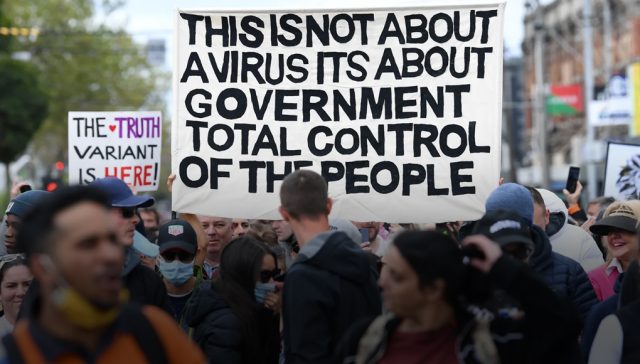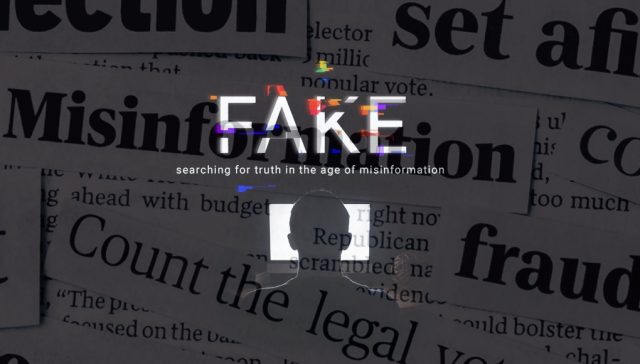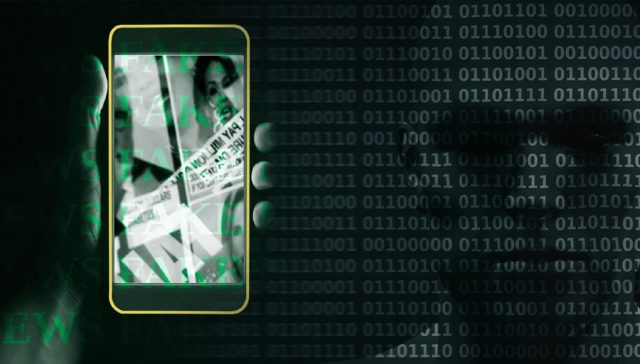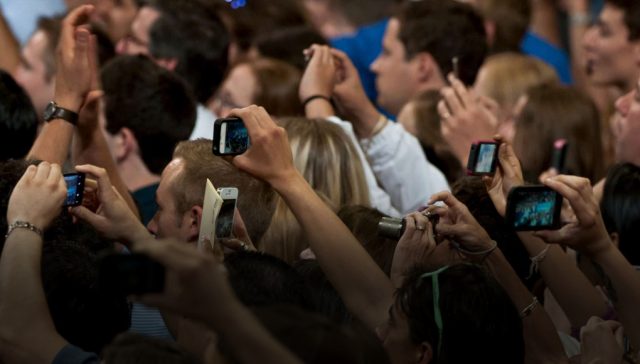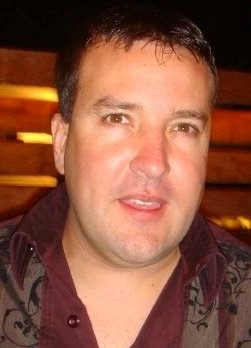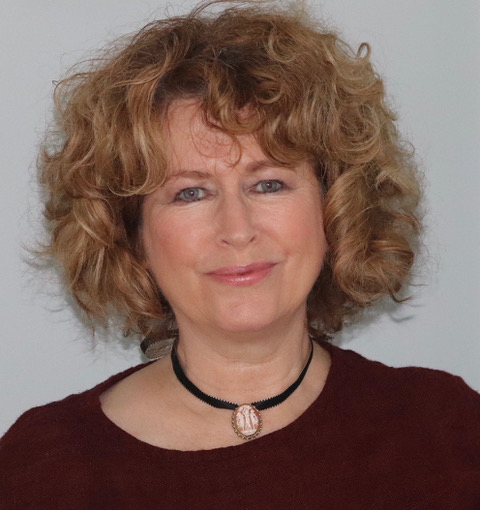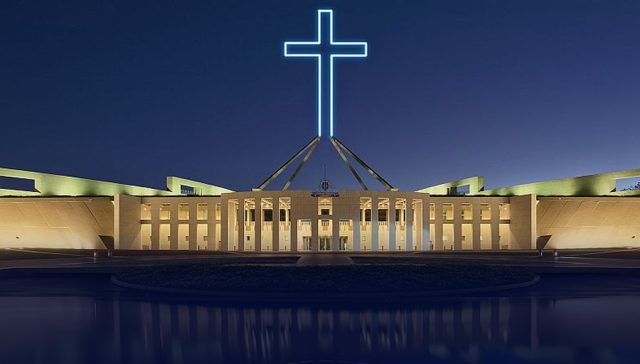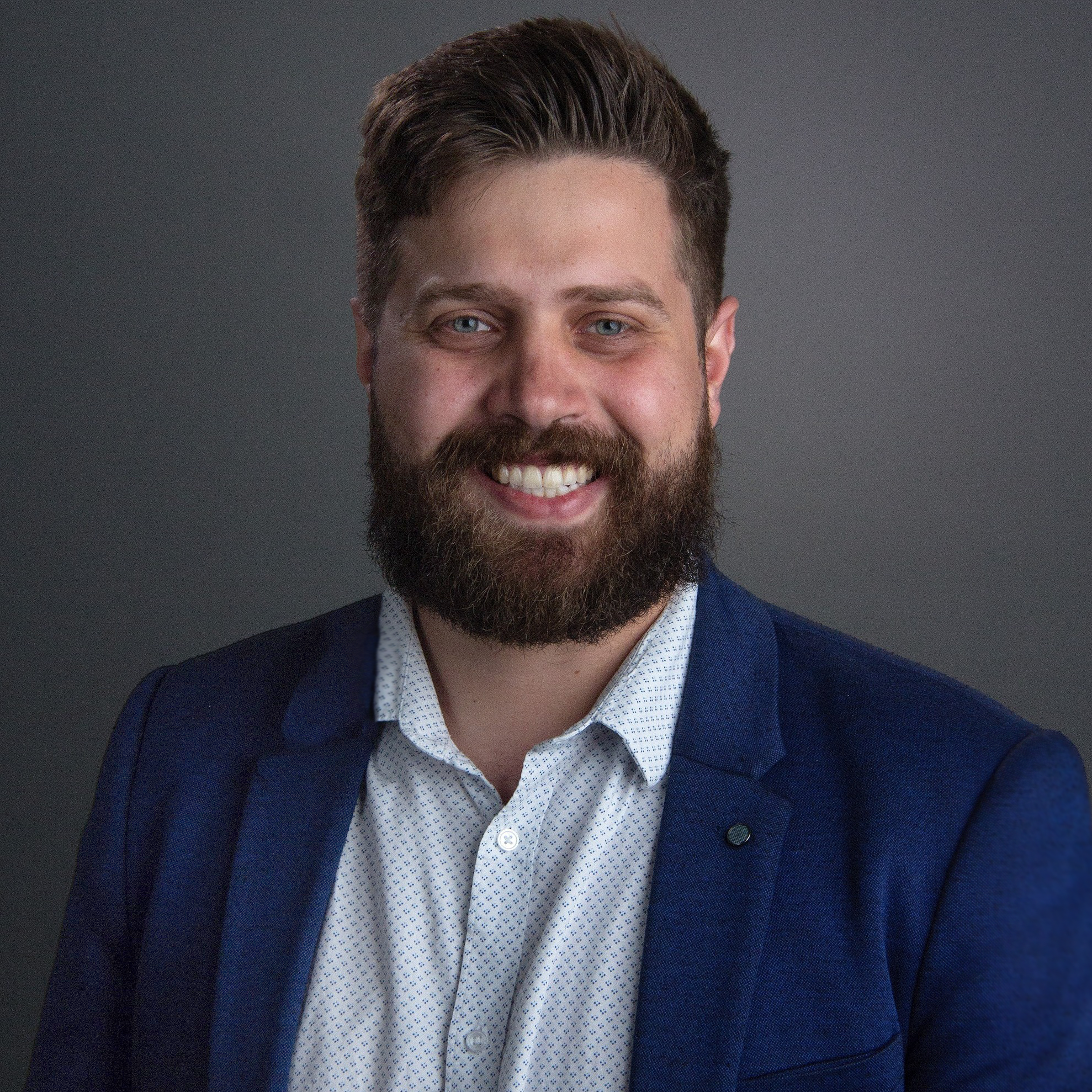Raising Free Thinkers: The Case for Homeschooling
Two months ago I wrote an article in which I questioned my boy’s childcare centre for indoctrinating kids at preschool age about the controversial political matter of Acknowledgment of Country.
Shortly after, our second baby was born. During the hospital stay, unable to work much, I listened to several audiobooks that made me reconsider our children’s future education. I had long considered homeschooling but had comfortably settled on sending them to a private school. After careful discussion, my wife and I decided homeschooling is the right choice for our family.
Homeschooling aligns seamlessly with libertarian values, fostering individual freedom, intellectual growth, strong family bonds, and meaningful social interactions. This article summarises our thoughts on the ideological, intellectual, financial, familial, and social justifications for choosing to homeschool our two children.
Ideological Justification: Homeschooling as an Act of Anti-State
Homeschooling, viewed through a libertarian lens, represents a profound act of anti-state resistance. It rejects the traditional “factory model of education,” designed to produce a uniform, obedient workforce suitable for industrial society, heavily influenced by state mandates and standardised curricula. By choosing to homeschool, parents assert their right to direct their children’s education, free from government control and standardised norms.
Homeschooled children interact with people of various ages and backgrounds, enriching their social experiences and fostering a broader understanding of the world.
This opting out of the state-run education system rejects the regimented, one-size-fits-all approach of public schooling, which often emphasises conformity over individuality and critical thinking. Homeschooling allows for a more personalised and flexible educational experience, fostering independent thought and a deeper connection to learning, which starkly contrasts with the efficiency-driven, industrial roots of the current public education system. This choice embodies a broader libertarian ethos of minimising state intervention in personal and family matters, thereby promoting freedom, autonomy, and self-reliance.
Intellectual Justification: Personalised and Effective Learning
One of the greatest advantages of homeschooling is the ability to provide a personalised education tailored to each child’s strengths, weaknesses, and interests. Traditional schooling often hinders the intellectual growth of children who do not fit the mould. Homeschooling allows for a more flexible and adaptive learning environment, where children can explore subjects in greater depth and at their own pace.
This personalised approach not only enhances academic performance but also fosters the ability to self-learn, which is crucial for lifelong intellectual development. By cultivating self-directed learning skills, children become more engaged and motivated in their educational journey, making the process both more enjoyable and sustainable. They learn how to seek out information, critically evaluate sources, and apply knowledge in real-world contexts, far beyond the confines of traditional academic settings. Ultimately, homeschooling nurtures not just academic excellence in the short run but also the capacity for lifelong learning and intellectual curiosity, providing a foundation for ongoing personal and professional growth.
Financial Justification: Investment in Long-Term Gains
A key concern in choosing homeschooling is the financial burden. My work keeps me heavily occupied, and a high mortgage adds pressure. Homeschooling requires sacrificing work schedules and dedicating more time to children’s education, doubling the financial strain. This concern is common among libertarians, especially in expensive cities like Sydney.
However, we see homeschooling as an investment, yielding significant long-term benefits. The financial cost is offset by the gains in children’s education and personal development. Additionally, homeschoolers can take holidays during school terms when travel is cheaper, which benefits families with extended families overseas. Homeschooling also encourages children to develop life skills, financial literacy and responsibility from a young age, likely bringing financial rewards earlier.
Family Bond: Strengthening Family Connections
Homeschooling fosters a closer family bond by allowing parents and children to spend more quality time together. Parents can gain a better understanding of their children’s needs, interests, and learning styles, leading to a more effective educational experience.
Homeschooling aligns seamlessly with libertarian values, fostering individual freedom, intellectual growth, strong family bonds, and meaningful social interactions.
Additionally, the involvement of grandparents and other extended family members can further enrich the homeschooling experience. Intergenerational communication allows children to learn from the wisdom and experiences of their elders, fostering respect and understanding across generations. This dynamic can also provide emotional support and a broader perspective on life, enhancing the educational journey.
Social Justification: Learning Without Peer Pressure
A significant social advantage of homeschooling is the opportunity for children to grow without the negative influence of peer pressure. Instead of being confined to a classroom with same-age peers, homeschooled children interact with people of various ages and backgrounds, enriching their social experiences and fostering a broader understanding of the world. This exposure helps develop better social skills and a well-rounded social aptitude.
Homeschooling, when done right, provides numerous opportunities for real-life social interactions through community activities, volunteer work, and diverse social engagements, preparing children for the complexities of adult life and helping them build meaningful relationships and valuable life skills beyond the traditional classroom setting.
Conclusion
Homeschooling offers a compelling option for libertarian families seeking to raise free-thinking, intellectually curious and well-rounded individuals. It aligns with the core values of liberty and personal responsibility, providing a tailored and effective educational experience. Despite the financial challenges, the long-term gains in personal development, family bonds, and social skills make homeschooling a worthwhile investment. By embracing homeschooling, libertarian parents can ensure that their children receive an education that truly reflects their values and prepares them for a life of independence and critical thinking.
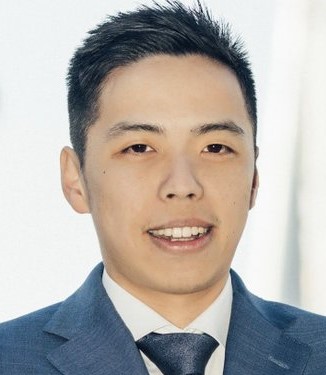
Warren escaped Communist China a decade ago to pursue education in Australia. Now a finance businessman, he passionately defends libertarian freedoms. Vigorously opposing COVID lockdowns and mandates, Warren champions traditional Western liberties, hoping Australia avoids becoming the repressive nation he left behind.






